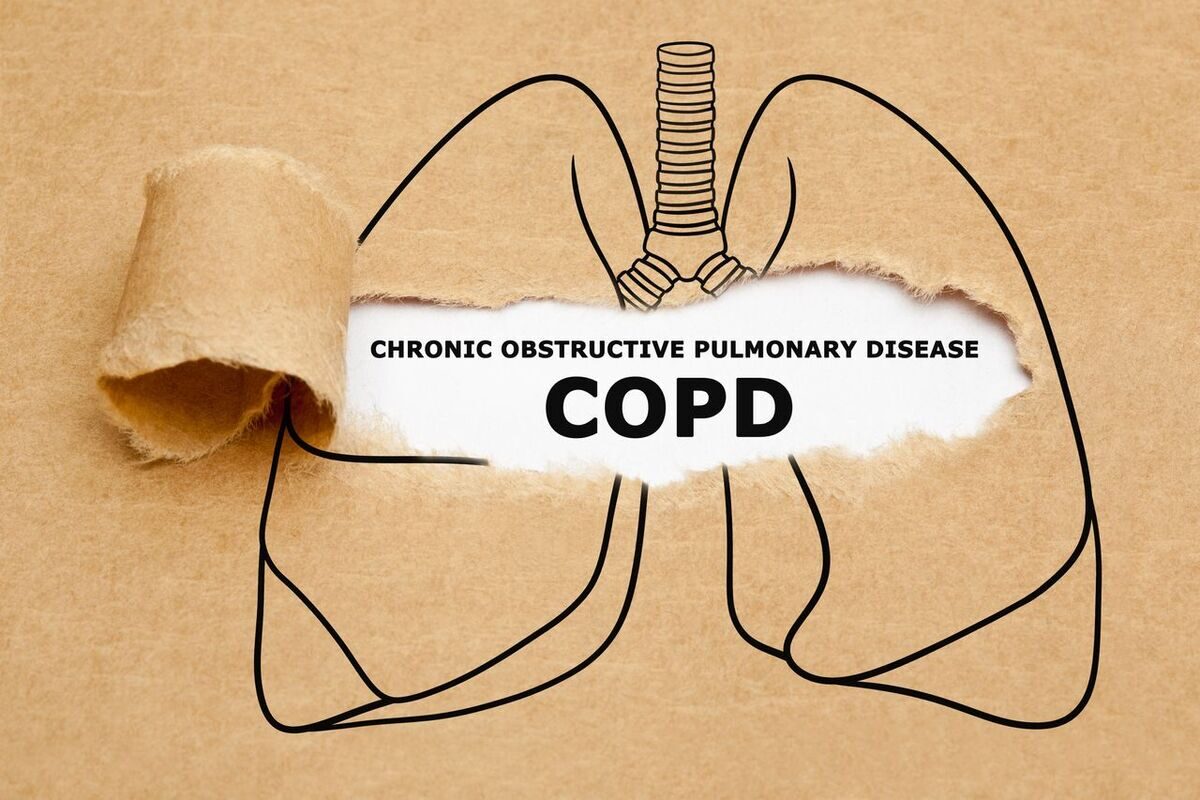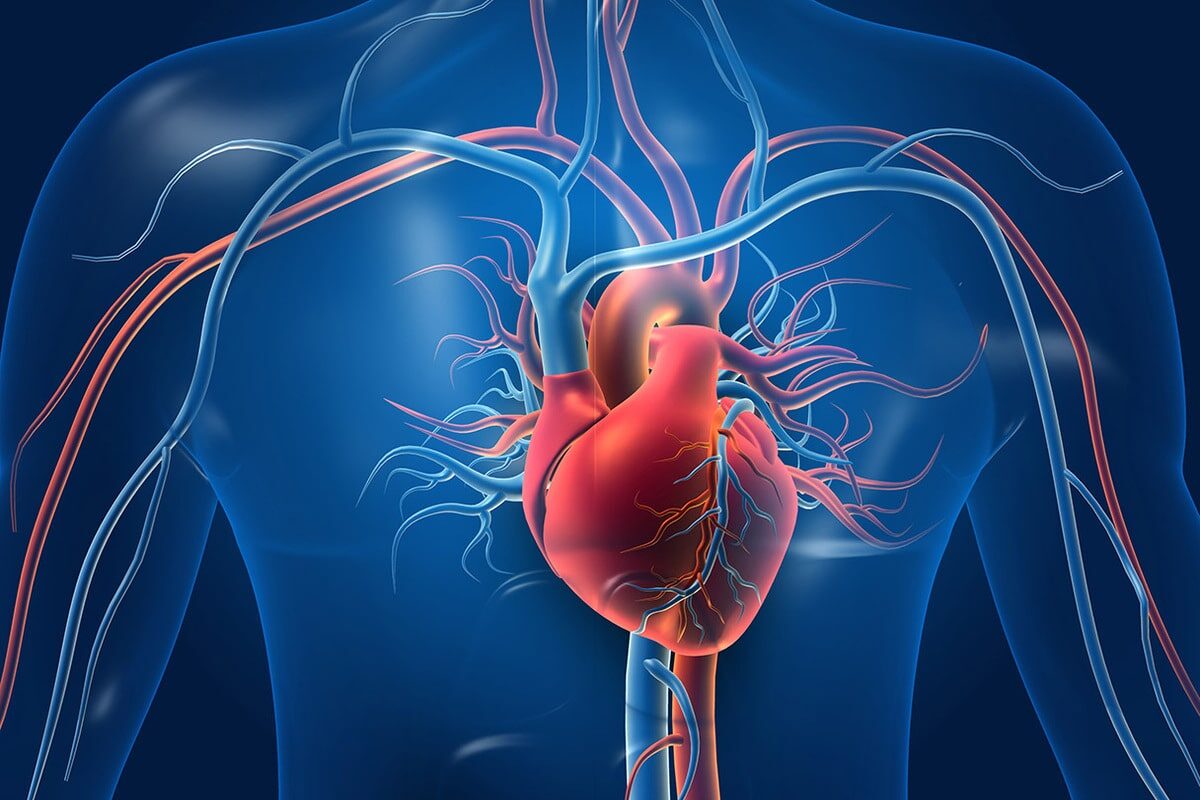High blood pressure and angina have been the standard indications for opting beta-blockers until in a current study presented at the European Respiratory Society’s Lung Science Conference; Lies Lahousse reported that beta-blockers may prove to be beneficial in diminishing the risk of chronic obstructive pulmonary disease (COPD) exacerbations. In exacerbations, a COPD patient suffers from increased breathlessness. Although it is likely that beta-blockers may create breathing problems by constricting the airway muscles, certain previous studies indicate their beneficial effects in COPD patients.
The study investigated health records of 1,621 COPD patients taken using beta-blockers from the Rotterdam Study and followed till exacerbations happened. The investigators observed that the relative risk reduction for COPD exacerbations was 21% with cardio selective beta-blockers (which are basically opted to treat heart disease). Further, the risk was much lower (55%) in heart failure patients. Given their potential assets, the study offers promising results for treatment with beta-blockers in patients with heart disease at the same time as COPD.




